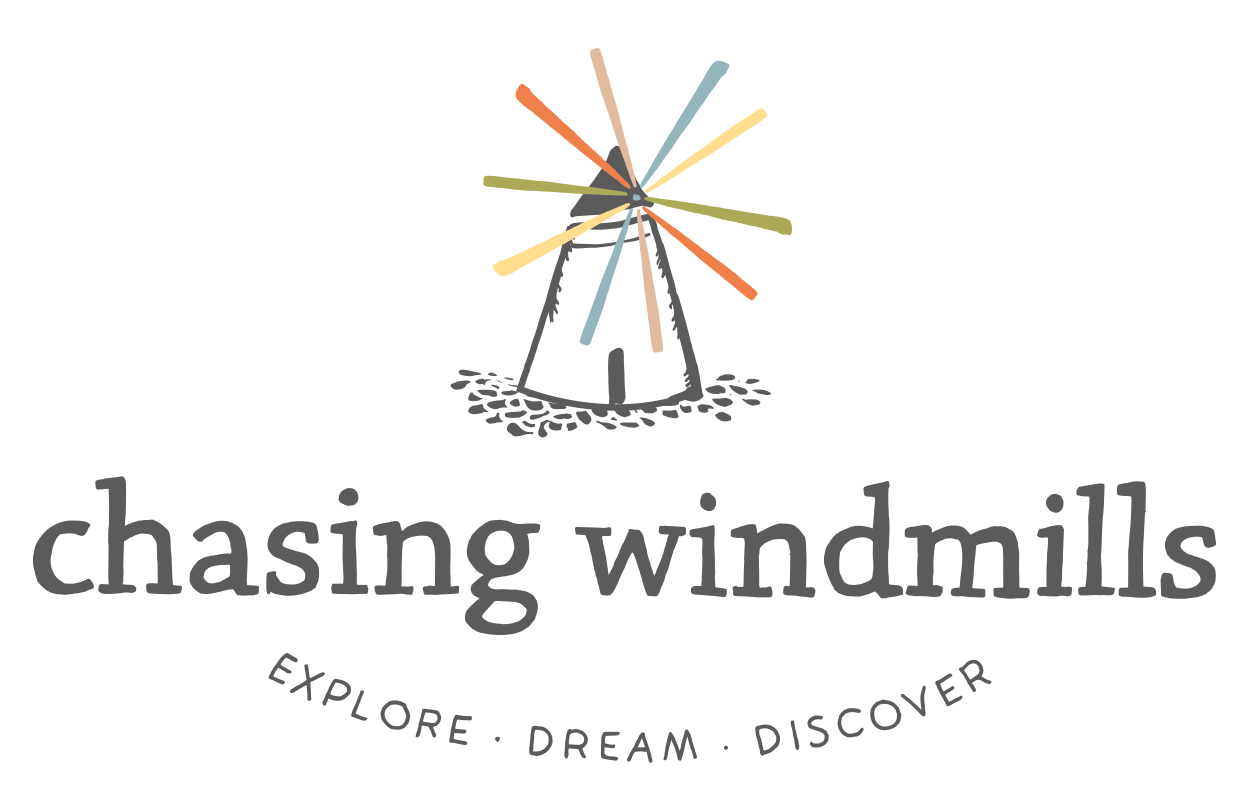“You must be Kirsty,” I said, extending my hand to one half of the husband-wife team that manages Glenbrook Station, a merino ranch in the South Island of New Zealand. She met us — JP and Sarah — along with our kids in the gravel driveway of her beautiful home, framed by mature trees, dotted with gardens that redefine farm-to-table, and radiating the joy of raising three boys in one of the most idyllic settings on earth.
Wearing a merino base layer underneath a wool sweater, she showed uncommon grace as she welcomed us into her home — having just walked several kilometers down from mountainous meadows to meet us at the base of her property by 10am. She and her husband, Simon, had already put in several hours of hard work on the ranch, moving hundreds of sheep from high up on the mountain to the lower reaches of the station.
Like the most fortunate merino sheep, Glenbrook Station’s merinos spend the majority of their days unperturbed by human hands — grazing in rich mountainous meadows and displaying normal patterns of sheep behavior. In fact, it’s one of the five essential freedoms guaranteed of a ranch certified under the Responsible Wool Standard (RWS). From time to time, the sheep are rotated from one grazing area to another (for example, to avoid over-grazing of a particular spot), for healthful care, or an annual sheering.
By happy luck, our visit coincided with one of those days that required Simon and Kirsty to move several hundred of their sheep down mountain. And yet, in the midst of all that work, Kirsty took the time to meet us — the two founders of Chasing Windmills and our children on spring break — with warmth, generosity, and openness.
Walking into her home, she offered us coffee and tea, and then started working dough to make homemade date scones. When pressed how she could possibly carry on a conversation while making scones from scratch, she reflected that in her twenties she worked as a chef in the Alps. Next to a wood-burning stove, we enjoyed warm scones while chatting about her lifelong connection to farming, from childhood to her adult years as a merino rancher.
As we finished up our scones, she told us that we would be able to meet Simon and their only employee, Pete, along with a few hundred sheep working their way down the mountain. We jumped into Kirsty’s pickup truck, and she drove us deeper into the station, pointing out a lake where her teenage sons camp, fish, and live the outdoors life.
And then we crested a hill and saw the mob (which was what New Zealanders call a herd of sheep). Simon and Pete, with the help of excellently trained dogs, expertly guided several hundred sheep down mountain. We were able to join the shepherding for the final hour or so, and we were washed over with immense gratitude for the gift of the work of their hands and hearts.
Heading back home for the second time that day, Kirsty left us with Simon who took over the working tour of the station. With Simon calling commands to his dogs, we walked behind the mob of sheep as they worked their way down the mountainous farmland. We chatted about deepening our relationship to the clothes we wear, the challenges of ranching (with the South Island undergoing drought conditions at the moment), and the good fortune of raising a family amongst the hills and valleys of Glenbrook.
It is one thing to read about RWS-certified ranches that promote “the welfare of sheep and the land they graze on.” It is quite another to step onto such a ranch, to watch the sheep through the protective eyes of a ranching family that cares deeply for the animals and their land.
Once we made it down mountain, we returned to the Williamson home, where we sat around a table for lunch, prepared by Kirsty, of course, brimming with the freshest ingredients from her garden. As we enjoyed a home-cooked feast, we were filled with gratitude — for the hospitality and kindness shown by Simon and Kirsty, and also for the privilege of witnessing the care, skill, and dedication shown to their craft.
Ranchers like Simon and Kirsty do not just earn a living off of their sheep. They have created a life, borne through a commitment to hard work, a deep appreciation for their sheep, and an abiding love for family.
And, for several hours in the midst of a busy day at Glenbrook Station, they opened up their world to us. It was one of those days that we hope our children will always remember.
Kirsty & Simon of Glenbrook Station and us, JP & Sarah. An impromptu photo, hence we are all wearing our merino socks from just being inside ;)


